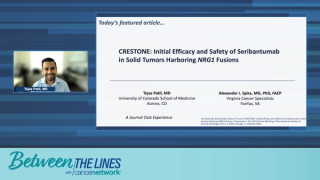
Oncology
Latest News
Video Series

Latest Videos
Shorts










Podcasts
CME Content
More News

One of the lesser-known costs of undergoing cancer treatment is the loss of work opportunities, according to Loretta Nastoupil, MD.

Federal cuts to insurance and cancer research could reduce access to therapies and stifle progress when incidence is rising across many common cancers.

The acceptance of the application is based on phase 3 MANEUVER study findings, in which pimicotinib improved responses vs placebo in this group.

Patient demands for efficacious regimens without sacrificing quality of life are driving a greater emphasis on managing and mitigating AEs in oncology.

Investigators will assess the safety and early activity of OTP-01 among patients in the US and Australia across approximately 20 centers.

Preclinical data from the phase 2 SUMMIT trial presented at the 2025 ASH meeting support the submission for bezuclastinib in this patient group.

In patients with cancer, there was an increased risk of cardiovascular death vs those who did not have cancer (HR, 2.46).

The approval of narsoplimab by the FDA may now prevent fatal complications from stem cell transplants.

Findings suggest a need for interventions to promote equitable use for underrepresented groups and promote PRO use in those with higher symptom burden.

Numerous clinicians spoke about breaking news, clinical trial updates, and the evolution of standard-of-care treatment throughout 2025.

Michelle Riba, MD, discusses the evolution of distress screening in oncology and the move toward a collaborative care model to integrate psychosocial support into clinical practice.

From KRAS inhibitors in metastatic CRC to radioligands and PET imaging agents in prostate cancer, dozens of oncologic approvals were reported in 2025.

Daniel C. McFarland, DO; and Charles Kamen, PhD, MPH, discuss the unique challenges that sexual and gender minority groups experience in cancer care.

Moving the needle in cancer research was an important focus for the journal ONCOLOGY in 2025.

Throughout 2025, our podcast highlighted experts who discussed the latest conference data, newly approved drugs, and other oncologic happenings.

Treatment with PT-112 appeared to be well-tolerated among those with recurrent thymoma in a phase 2 trial.

Data from the phase 3 MANUEVER trial support the approval of pimicotinib for patients in China with symptomatic tenosynovial giant cell tumors.

The γ-secretase inhibitor varegacestat conferred an 84% reduction in the risk of progression or death vs placebo among those with desmoid tumors.

Rising cancer diagnoses in the US highlight urgent needs for improved oncology education, workforce distribution, and care infrastructure, especially in rural areas.

A recent study found that the number of practicing oncologists is declining as the US population ages and cancer diagnoses continue to increase.

PAS-004 was deemed safe and tolerable when given in 37 mg capsules, so the trial will proceed to administer the agent in 45 mg capsules.

When a patient may not have the capability of understanding or consenting to treatment options, Louis P. Voigt, MD; and Yesne Alici, MD, will utilize decision-making capacity techniques.

Partial responses and stable disease were observed with PAS-004 in patients with advanced solid tumors harboring RAS, NF1, or RAF mutations.


A lower percentage of patients who were released within 1 year of incarceration received guideline-concurrent care vs incarcerated patients.





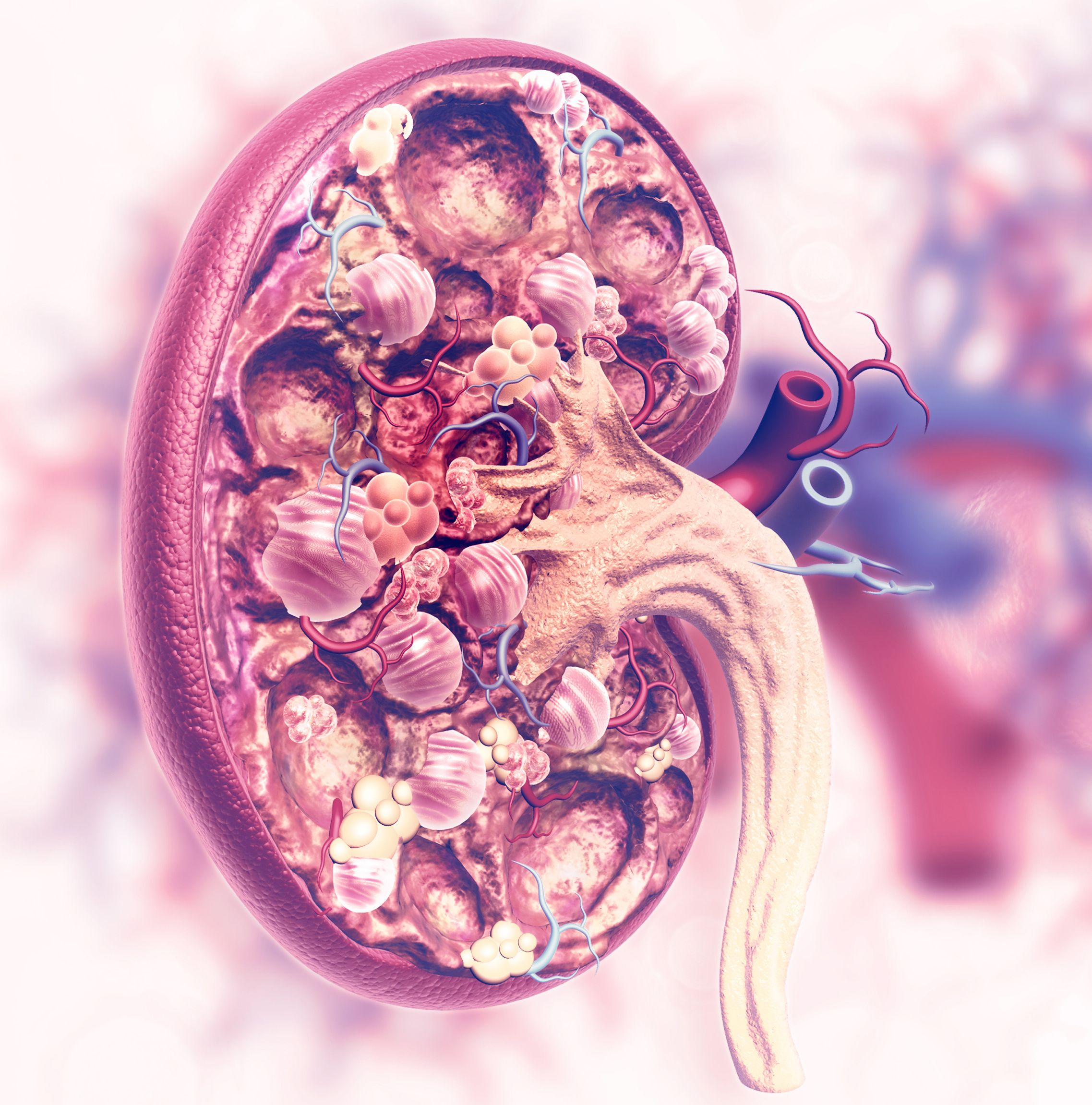

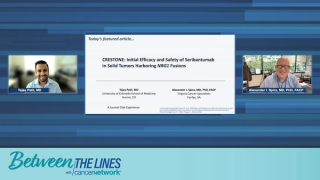
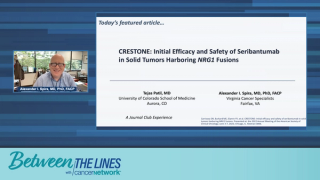

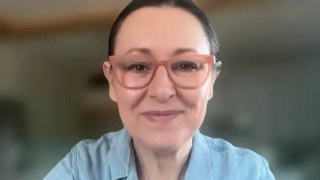
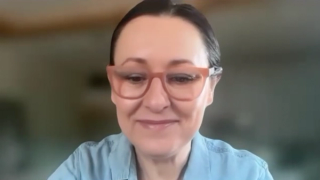
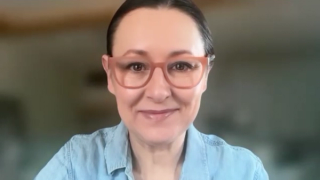


![According to John Henson, MD, “What we need are better treatments to control the [brain] tumor once it’s detected.”](https://cdn.sanity.io/images/0vv8moc6/cancernetwork/e0d29c38bb732429ae370e4ef7d1829a10c96446-2992x1684.png?w=320&fit=crop&auto=format)






































